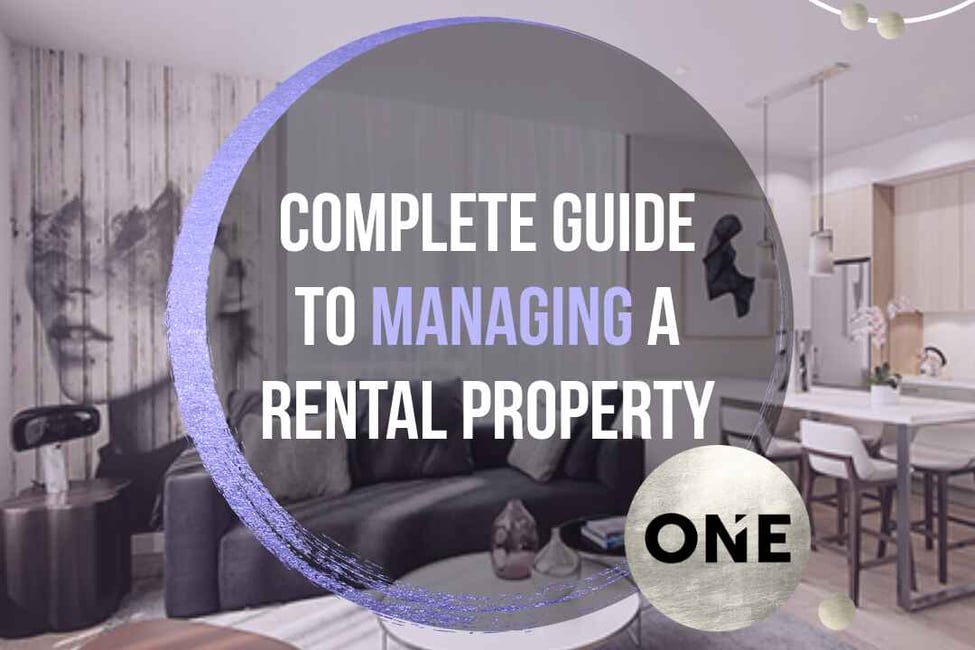Selling a rental property involves several critical steps, each requiring careful consideration and planning. With the help of a skilled real estate agent, you can navigate this process efficiently and achieve a successful outcome. Here’s a detailed guide to help you through the sale of your rental property:
1. Benefits of Working with a Real Estate Agent
Expertise: Real estate agents bring a wealth of market knowledge and negotiation skills to the table. They understand current market trends, pricing strategies, and buyer behavior, which can help you set a competitive price and attract serious buyers. Their expertise also extends to handling complex negotiations and ensuring that all legal aspects of the sale are properly addressed.
Marketing: Agents have access to multiple listing services (MLS) and other marketing tools that can significantly enhance the visibility of your property. They can create compelling property listings, utilize social media and real estate websites, and tap into their network of potential buyers to ensure your property reaches a broad audience.
Time-Saving: Managing the sale of a property involves extensive paperwork, scheduling showings, and communicating with potential buyers. An agent handles these tasks on your behalf, saving you time and reducing the stress associated with selling. This allows you to focus on other important aspects of your life or investment strategy.
2. Preparing Your Property for Sale
Inspection and Repairs: Before listing your property, conduct a thorough inspection to identify any issues that could affect its value or appeal. Addressing these issues—such as fixing leaks, repainting walls, or repairing appliances—can enhance the property’s marketability and help you secure a better price.
Staging: Staging involves arranging furniture and décor in a way that highlights the property’s strengths and appeals to potential buyers. A well-staged home can create a positive first impression, help buyers visualize themselves living in the space, and potentially lead to a quicker sale at a higher price.
Documentation: Having all necessary documents organized and readily available can streamline the selling process. Essential documents include lease agreements, maintenance records, financial statements, and any other paperwork related to the property. Proper documentation not only facilitates a smoother transaction but also builds trust with potential buyers.
3. Setting the Right Price
Market Analysis: Your real estate agent will perform a comparative market analysis (CMA) to assess the value of your property in relation to similar properties in the area. This analysis takes into account recent sales, current market conditions, and the features of your property to determine a competitive price.
Pricing Strategy: Collaborate with your agent to develop a pricing strategy that balances attracting buyers with maximizing your return. Consider factors such as the current market demand, your property’s condition, and your financial goals. Setting the right price is crucial to generating interest and achieving a successful sale.
4. Marketing Your Property
Professional Photos: High-quality photos are essential for showcasing your property’s best features. Professional photography can capture your home in its best light, highlight its unique attributes, and create an appealing listing that attracts potential buyers.
Online Listings: Listing your property on popular real estate websites and the MLS increases its visibility and reaches a larger audience. Your agent will ensure that your property is listed on relevant platforms, optimizing the description and images to attract qualified buyers.
Open Houses: Hosting open houses and private showings allows potential buyers to view the property in person. Open houses generate interest and provide an opportunity for buyers to experience the property firsthand, while private showings offer a more personalized viewing experience.
5. Navigating Offers and Negotiations
Reviewing Offers: Once you start receiving offers, your agent will help you evaluate each one based on price, terms, and buyer qualifications. This includes assessing contingencies, financing conditions, and proposed closing dates to determine the most favorable offer.
Negotiation: Effective negotiation is key to securing the best terms for your sale. Your agent will handle negotiations with buyers, addressing any counteroffers and working to achieve a deal that meets your needs. Their experience in negotiation can help you navigate offers and counteroffers with confidence.
Contingencies: Offers often come with contingencies, such as financing or inspection conditions. Your agent will help you understand these contingencies and manage them to protect your interests and ensure a smooth transaction.
6. Closing the Sale
Paperwork: The closing process involves significant paperwork, including the sales contract, disclosure forms, and transfer documents. Your agent will guide you through this process, ensuring that all paperwork is completed accurately and on time.
Tenant Transition: If the property is occupied, coordinate with your agent to manage the transition for your tenants. This may involve notifying tenants of the sale, scheduling move-out dates, and ensuring that the transition is smooth for both the new owner and the existing tenants.
Finalizing the Sale: Completing the sale involves finalizing the transaction, transferring ownership, and handling any remaining legal or financial details. Your agent and legal professionals will assist with these steps to ensure that the sale is completed correctly and efficiently.
By following these guidelines and working closely with a skilled real estate agent, you can navigate the process of selling your rental property smoothly and successfully.

